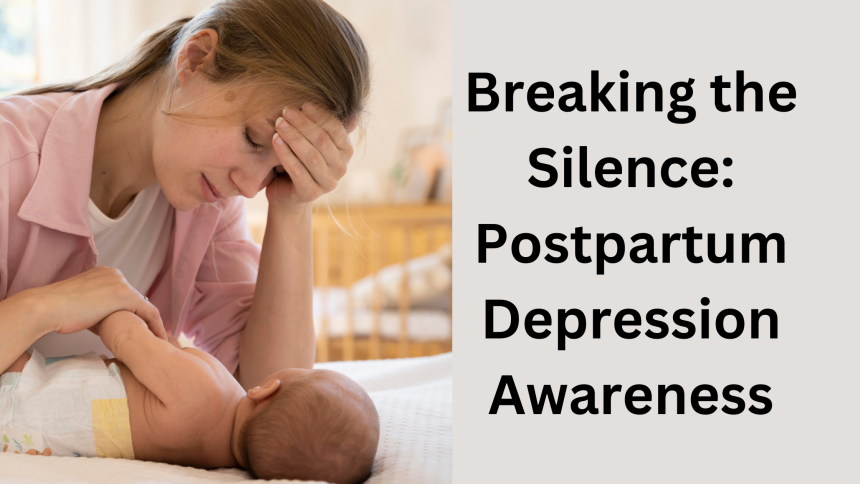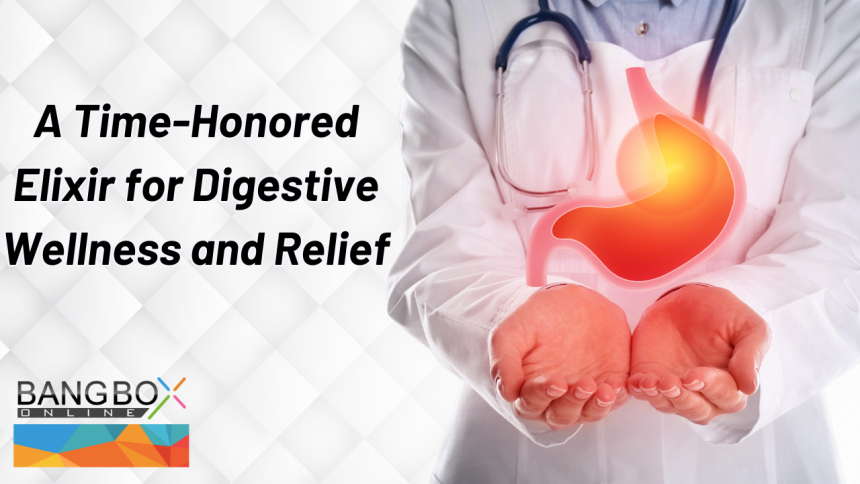
Breaking the Silence: Postpartum Depression Awareness
Understanding Postpartum Depression: Symptoms, Treatment Options, and Coping Strategies. Don't Suffer in Silence – Seek Help Today!
Giving birth to a baby is a life-changing experience for a woman. After having a baby, many women get a condition called postpartum depression (PPD) with strong feelings of anxiety, hopelessness, and tiredness that last for a very long time post giving birth. This condition can make it hard to cope with emotional highs and lows and with taking care of a newborn baby. Postpartum depression can be cured by proper medication and counseling.
Symptoms of Postpartum Depression
Having postpartum depression doesn’t mean that you’re a bad person. 15% of people develop this condition after giving birth to a baby. Research tells us about a rapid decrease in hormones after a delivery that may cause postpartum depression. It begins within two weeks after giving birth and lasts for many months postpartum. You may have postpartum depression if you are undergoing some of these conditions: • Feeling guilty, sad, tired and hopeless • Worrying and crying without any reason • Loss of interest in anything you do • Not feeling like eating or drinking properly • Difficulty sleeping schedule • Feeling excessively worried about your baby’s health You should take a depression test while experiencing these symptoms. The healthcare provider will ask you some questions related to the symptoms and tell you whether you have postpartum depression or not.
Treatment of Postpartum Depression
Postpartum depression is treated differently depending on your condition. Some of the treatments include talking sessions and anti-anxiety or anti-depression meds. Some women may also be admitted to the daycare center for some days until they’re mentally stable. If this doesn’t work, electroconvulsive therapy (ECT) is another option to treat postpartum depression. Postpartum depression can affect the mother-baby relationship. Many women think that during a period of breastfeeding, they can’t take any other medicines. In this case, you should consult your healthcare provider about other options. They will better guide you in any way.
Ways to Cope with Postpartum Depression
Parenting is not an easy task to deal with and you may have signs of depression. Your healthcare consultant will guide you about coping with the specific period when you are having postpartum depression. There are some things you can do to cope with postpartum depression: • Find a person to talk with; a friend or a family • Try to eat more healthy and do some exercise • Take more rest and find time for self-care • Make yourself relax by finding help with your errands.
Bottom Line
Postpartum depression is a common condition. There are many factors that cause PPD to a greater level such as hormonal ups and downs. You can figure out how to manage your condition with counseling or participating in a support group. Postpartum depression can last for months and even for years if left untreated. Don’t suffer much in silence, talk to your consultant as soon as possible and hope for the betterment.




Common Don’ts When Planning Hibachi Catering for a Business Event:
Planning hibachi catering for a business event can be a fantastic way to impress your clie...
